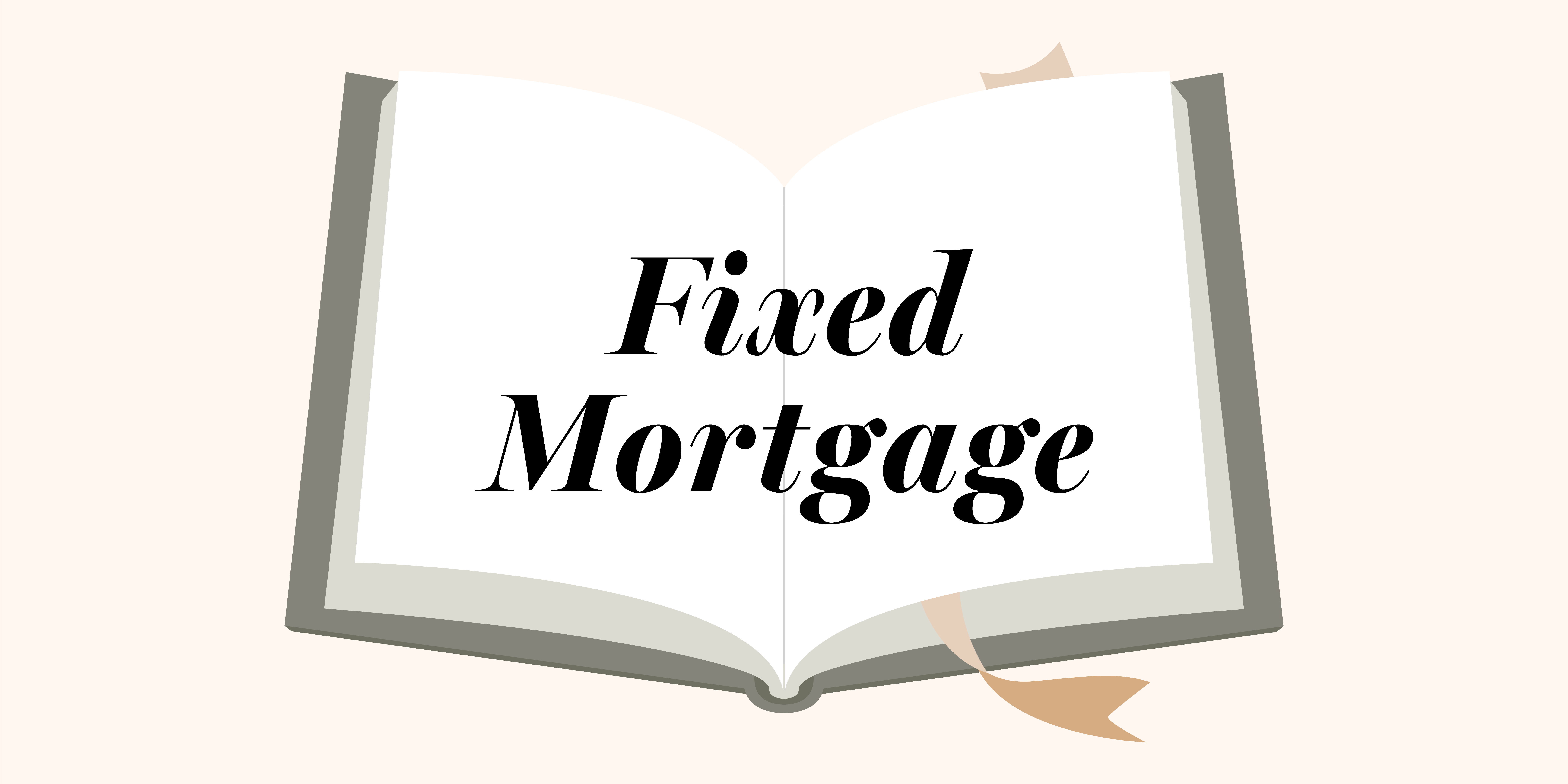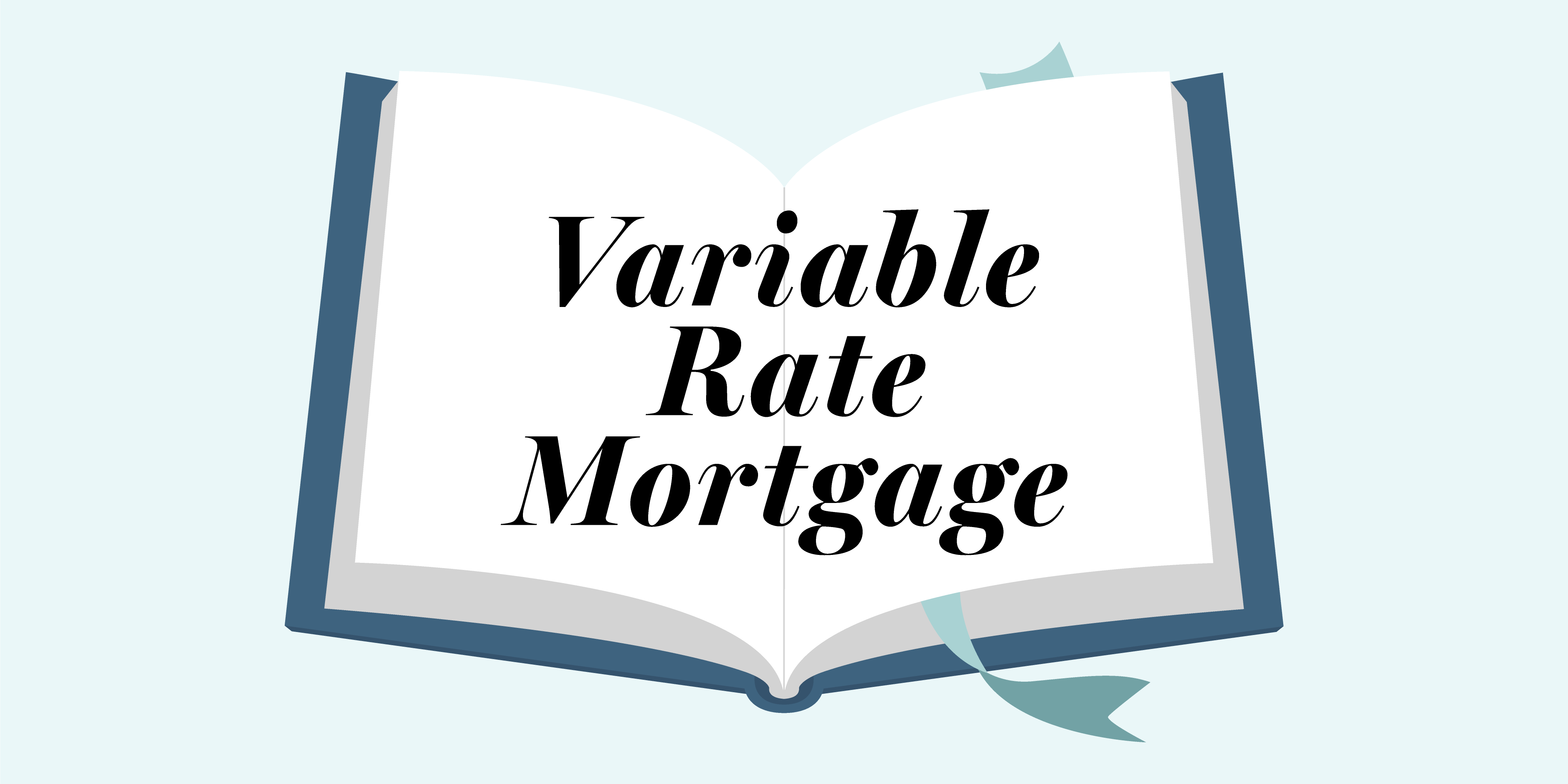Fixed rate mortgages have their interest rate and payment amount set for the entire mortgage term. In Canada, most fixed rate mortgage terms are one to five years, but there are longer terms of 10 years and even some 25-year fixed rate mortgages.
Fixed rate mortgages have historically been more popular than variable mortgages because they provide a known rate and stable payment amount, neither of which change during the mortgage term. This eliminates worries about rising interest rates causing payments to increase or pushing out the timeline for repayment. A variable rate mortgage doesn’t have a static interest rate because it’s tied to a benchmark or reference rate, so payments can change as rates go up or down.
Fixed mortgage rates, on the other hand, tend to be closely linked to the bond market. More often than not, when bond rates go up or down, fixed mortgage rates will follow. Anyone considering a fixed rate mortgage is advised to pay attention to the yield curve and understand the relationship between bond yields and fixed mortgage rates.
Fixed mortgage rates are usually higher than variable rates because they are more risky for the lender, especially in periods of rising interest rates. And, there is less flexibility with fixed rate mortgages. Early termination or adjustments can result in considerable penalties, unlike variable rate mortgages, where mortgagors can make changes at any time.
Mortgagors need to determine whether the benefits of a fixed rate mortgage are enough to compensate for the lack of flexibility when it comes to making changes.
For many, the comfort and peace of mind that comes from knowing exactly what to expect will win out.






